Researchers have reported the use of artificial photonic emitters towards highly efficient radiative cooling.


Researchers have reported the use of artificial photonic emitters towards highly efficient radiative cooling.
Issue 9 of JCTB includes an In Focus section of the The 12th International Chemical and Biological Engineering Conference.
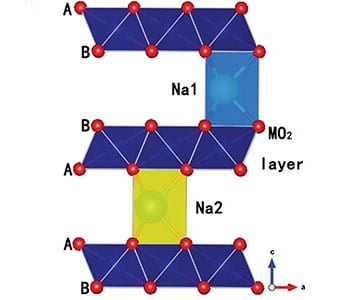
Batteries advance with improved efficiency in positive sodium-ion electrodes, achieved using copper and iron.
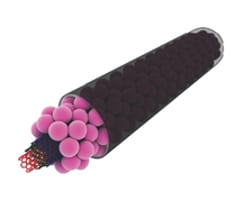
New form of tin oxide anode combined with carbon nanotubes shows increased electrical performance in lithium and sodium ion batteries.
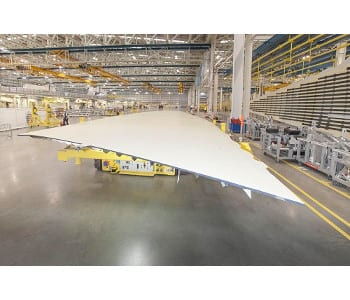
Next generation of Airbus’ wings intend to make aircraft faster, more efficient and quieter.
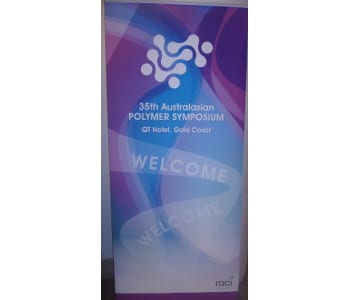
The 35th APS took place on the Gold Coast, Queensland, from the 12th – 15th of July: three and a half days of talks from numerous areas of polymer science.

This symposium is a meeting place of academia and industry for discussing current trends and requirements of a battery’s life from cradle to grave.
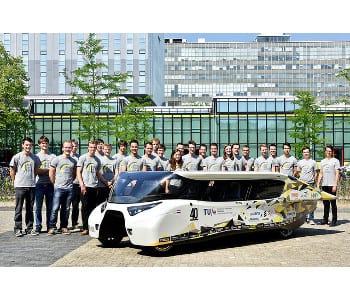
A student team from Eindhoven University of Technology presents a new solar-powered family car that generates more power than it uses.
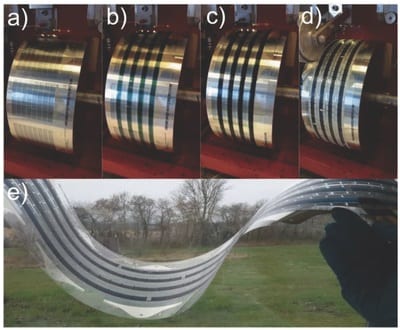
A new paper introduces a new fabrication method for fullerene-free organic solar cells to help address their limitations and improve production efficiency.
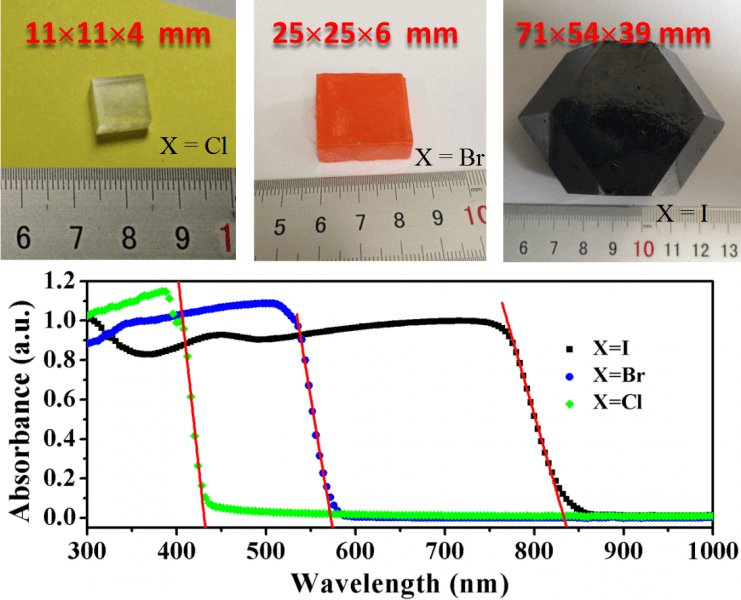
Scientists grow record-breaking two-inch size organolead halide perovskite crystals.